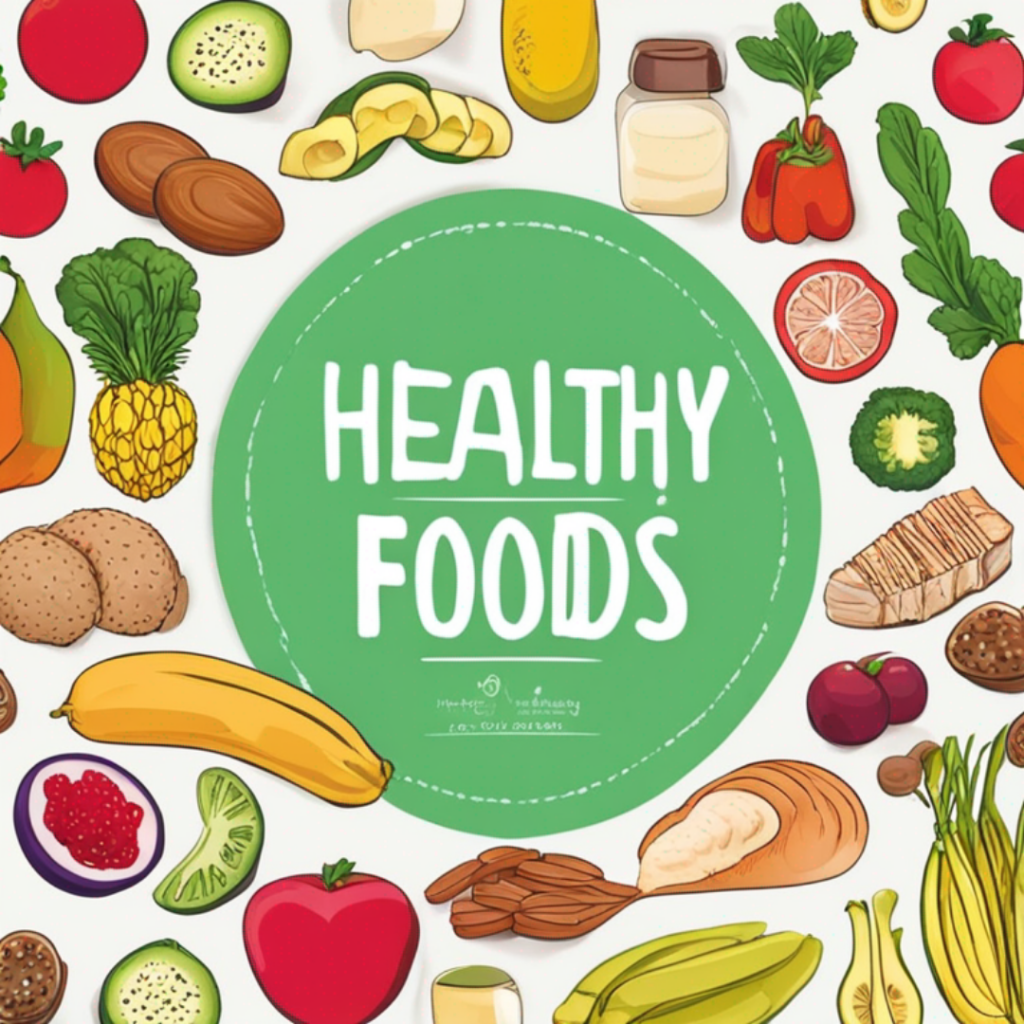In our fast-paced lives, it’s easy to prioritize convenience over health when it comes to our eating habits. However, making conscious choices about what we consume can have a profound impact on our overall well-being, including weight management. By adopting healthy eating habits, we can not only shed unwanted pounds but also boost our energy levels, improve our mood, and enhance our overall quality of life. In this blog, we will explore some essential tips and guidelines for cultivating healthy eating habits that promote weight loss and contribute to long-term wellness.

1. Embrace Balanced and Nutrient-Dense Meals
The foundation of healthy eating habits lies in consuming a well-balanced and nutrient-dense diet. Incorporate a variety of whole foods such as fruits, vegetables, lean proteins, whole grains, and healthy fats into your meals. Aim for a colorful plate, including a diverse range of fruits and vegetables that provide essential vitamins, minerals, and antioxidants. These nutrient-dense foods will not only nourish your body but also help you feel satisfied and reduce cravings for unhealthy options.
2. Practice Portion Control
Portion control plays a vital role in weight management. Be mindful of your serving sizes and avoid overeating. It can be helpful to use smaller plates and bowls to create an illusion of larger portions. Additionally, listen to your body’s hunger and satiety signals. Eat slowly, savor each bite, and stop eating when you feel comfortably full. This way, you can maintain a healthy calorie balance and prevent unnecessary weight gain.
3. Prioritize Whole Grains and Fiber
Incorporate whole grains such as quinoa, brown rice, oats, and whole wheat bread into your meals. These complex carbohydrates provide sustained energy, fiber, and essential nutrients. Fiber-rich foods promote healthy digestion, keep you fuller for longer, and help regulate blood sugar levels. Opt for whole grains over refined grains, as they retain the fiber and nutrients stripped away during processing.
4. Hydrate Your Body
Staying properly hydrated is crucial for overall wellness. Make water your beverage of choice and aim for at least 8 cups (64 ounces) of water per day. Water helps maintain proper bodily functions, aids in digestion, and keeps you feeling refreshed. Limit sugary drinks and alcohol, as they add empty calories and can hinder your weight loss efforts.
5. Reduce Added Sugars and Processed Foods
Excessive consumption of added sugars and processed foods can sabotage your weight loss goals. These items are often high in calories, unhealthy fats, and artificial additives while lacking in essential nutrients. Opt for natural sugars found in fruits and limit your intake of sugary snacks, sodas, and desserts. Instead, choose whole, unprocessed foods that provide nourishment and support a healthy weight.
6. Plan and Prepare Your Meals
Planning and preparing your meals in advance can significantly contribute to healthy eating habits. Set aside time each week to create a meal plan, make a grocery list, and cook nutritious meals. This practice reduces the likelihood of resorting to fast food or unhealthy takeout options when you’re short on time. By having healthy meals readily available, you’ll be less tempted to make impulsive, unhealthy choices.
7. Mindful Eating
Practicing mindful eating can transform your relationship with food and improve your overall well-being. Take the time to appreciate and enjoy your meals. Eat without distractions, such as electronic devices or television, and savor each bite. Pay attention to your body’s hunger and fullness cues, and eat when you’re hungry rather than out of habit or emotional triggers.
In addition to the tips mentioned above, it’s worth noting that regular physical activity is a crucial component of a healthy lifestyle. Combining healthy eating habits with regular exercise will enhance your weight loss efforts, boost your metabolism, and improve your cardiovascular health.
It’s also important to consult with a healthcare professional or registered dietitian before making any significant changes to your diet, especially if you have any underlying health conditions or specific dietary requirements.
Remember, healthy eating doesn’t mean deprivation or strict dieting. It’s about making conscious choices, nourishing your body with nutrient-dense foods, and finding a balance that works for you. Allow yourself occasional indulgences in moderation, as completely restricting yourself from foods you enjoy can lead to feelings of deprivation and ultimately derail your progress.
Lastly, it’s crucial to approach your journey towards weight loss and overall wellness with self-compassion. Embrace the process, celebrate your achievements, and forgive yourself for any setbacks along the way. Remember that healthy eating habits are not about perfection but about progress and finding a sustainable lifestyle that supports your long-term well-being.
Conclusion
By adopting these healthy eating habits, you can embark on a journey towards weight loss and improved overall wellness. Remember, healthy eating is not just a short-term fix but a lifelong commitment to nourishing your body and prioritizing your well-being. It’s important to approach weight loss and overall wellness with patience and a positive mindset, as sustainable changes take time.

👌 Awesome Post! 👏